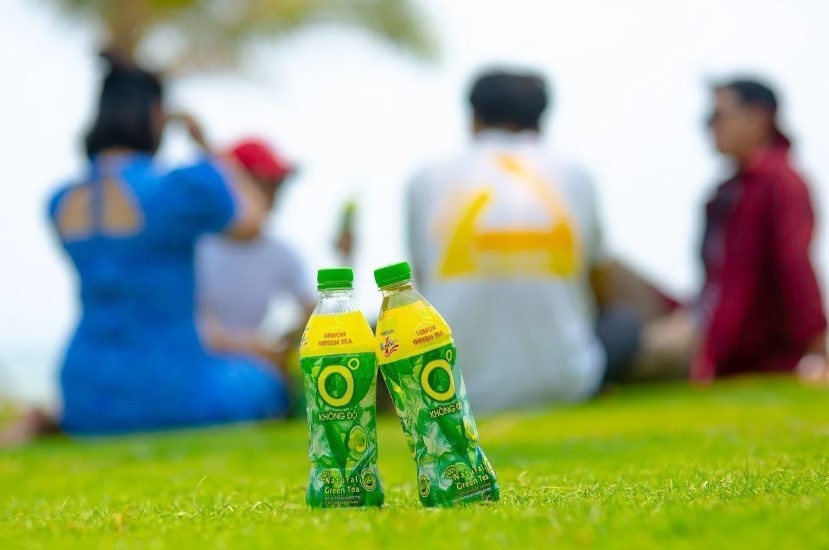A Popular Vietnamese Drink Shows Surprising Benefits for Reducing Dementia Risk
 | Freshmen and Their First Shocks: When Stress Becomes the Push to Grow Up Back in high school, many students imagined college as a kind of paradise filled with freedom, no supervision, and most importantly: “College is easy!” |
 | Freshmen “Level-Up” Journey: Turning Stress into Fuel for Growth Have you ever wondered what it really feels like to leave home and step onto a university campus in the big city? It’s not just ... |
1. Drinking Green Tea Daily May Reduce the Risk of Dementia
Aging is a major risk factor for dementia. As people grow older, the brain goes through changes such as shrinkage, hippocampal atrophy, and increased white matter damage. Although both green tea and coffee are believed to have positive effects on slowing cognitive decline, the link between these drinks and actual brain changes in older adults has not been well understood.
A new study has found a possible connection between drinking green tea and reduced white matter damage in older Japanese adults, suggesting that green tea may help protect against dementia.
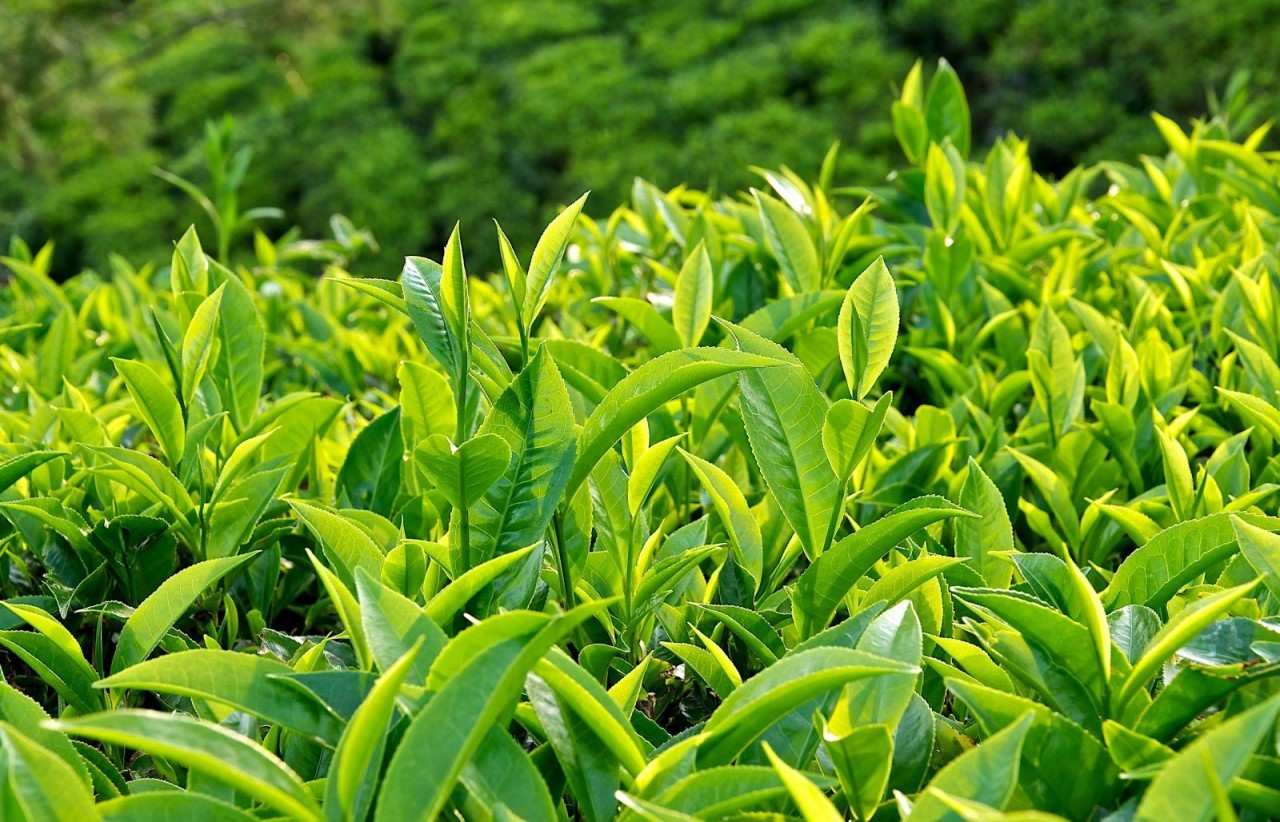 |
Researchers from multiple institutions in Japan analyzed data from 8,766 volunteers over the age of 65. These participants were part of the Japan Prospective Studies Collaboration for Aging and Dementia from 2016 to 2018.
A food-frequency questionnaire was used to measure green tea and coffee consumption. Brain MRI scans were conducted to evaluate white matter damage and brain volume. After adjusting for many factors, the researchers found a significant correlation: people who drank more green tea had less white matter damage. However, no clear link was found between green tea consumption and overall brain volume.
For coffee, no significant differences were observed in either white matter damage or brain volume. This suggests that higher green tea consumption — but not coffee — is associated with lower white matter damage and may help prevent dementia.
On average, people who drank three cups of green tea a day had about 3% less white matter damage than those who drank one cup. Those who drank seven to eight cups a day had about 6% less damage.
This was a cross-sectional study, which means it only shows a connection, not a cause-and-effect relationship. The protective effect of green tea was not seen in people diagnosed with depression or those carrying the APOE4 gene variant linked to Alzheimer’s disease.
Previous research has shown that green tea may help lower blood pressure, and lower blood pressure is linked with reduced dementia risk. Since green tea contains less caffeine than coffee — and caffeine can negatively affect blood pressure — this may partly explain why green tea appears more beneficial for white matter health.
According to the authors, their findings suggest that drinking more green tea — especially three cups or more per day — may help protect brain health. However, more long-term studies are needed to confirm these results.
2. Compounds in Green Tea That Support Brain Function
Tea and coffee are widely consumed drinks that contain caffeine, polyphenols, and vitamins, all known to support brain health.
Green tea contains caffeine — not as much as coffee — but enough to boost alertness without causing jitteriness. Caffeine can improve mood, reaction time, and memory.
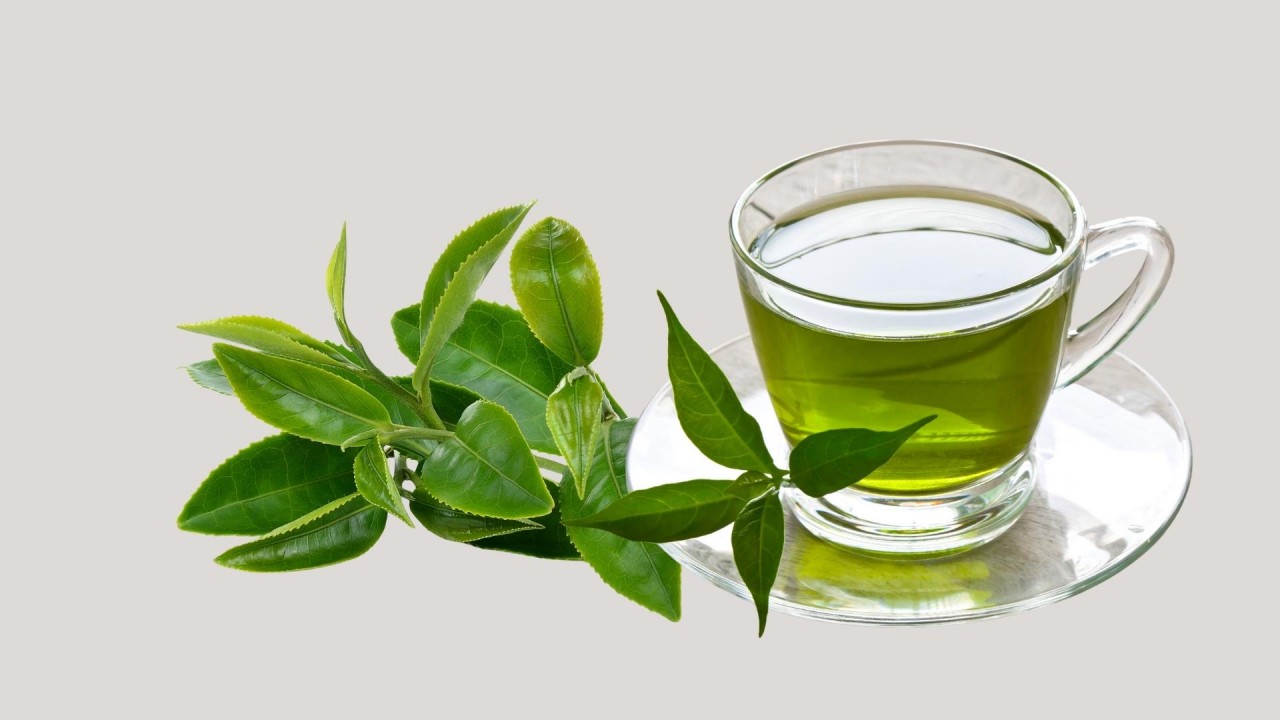 |
But caffeine is not the only brain-boosting component. Green tea also contains L-theanine, an amino acid that increases neurotransmitter activity, reduces anxiety, boosts dopamine, and promotes alpha-wave production in the brain. Studies show that caffeine and L-theanine can work together, creating stronger positive effects on brain function.
Green tea also contains catechins, especially EGCG, a natural antioxidant that protects cells from damage and reduces the formation of harmful free radicals. Some studies have found that catechins may help protect brain cells in lab tests and animal models, supporting the idea that they may reduce the risk of dementia — a common neurodegenerative disorder in older adults.
| Zero Degree Green Tea — a ready-to-drink green tea introduced in 2006 — has helped shape modern tea-drinking habits in Vietnam. Tân Hiệp Phát has become a pioneer in Vietnam’s healthy beverage market, and today, Zero Degree Green Tea is exported to many countries, including demanding markets such as the U.S., Japan, and various European nations.
Zero Degree Green Tea is made from fresh tea leaves grown in Thái Nguyên, a region blessed with ideal climate and soil conditions that produce high-quality green tea. With world-class Aseptic cold-extraction technology, the drink preserves the natural flavor and maximum nutrients of green tea, delivering a refreshing and healthy experience for consumers. Zero Degree Green Tea contains a high level of EGCG combined with Vitamin C, helping strengthen immunity, fight oxidation, reduce stress and fatigue, and cool down the body. The product is available in 455ml PET bottles and 240ml glass bottles. Zero Degree – No Stress. |
 | Zero Degree Green Tea's immediate success The immediate success of Zero Degree Green Tea helped Tan Hiep Phat exceeded its twelve-month sales target within two months, following by many competitors followed ... |
 | Vietnamese Farmer Wins Over US$ 4,300 by Drinking Zero Degree Green Tea A farmer in Quang Ngai city won VND 100 million in a competition when drinking Tan Hiep Phat Group's Zero Degree Green Tea. |
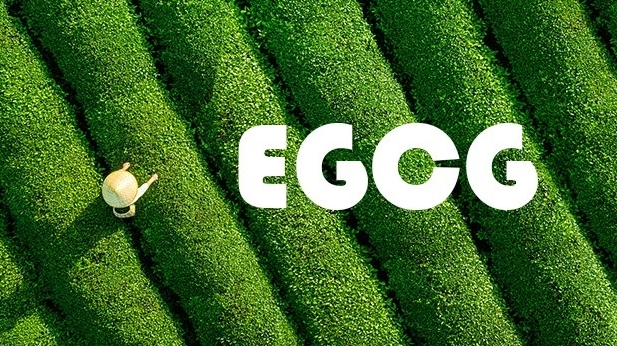 | Zero Degree Green Tea: A Secret to Cooling the Body Zero Degree Green Tea is loved by the young who use it to cool down, especially during hot summer days |
 | Tan Hiep Phat summer promotion: over 61,000 cash prizes given to customers Tan Hiep Phat's summer promotion this year is "easy to join, easy to win." The company is the first in Vietnam to promote healthy soft ... |
 | EGCG in Zero Degree Green Tea for a Cooling Treat The delicious drink not only provides vitamin C to strengthen the immune system in the current "normal state", Zero Degree Green Tea is abundant in ... |
Recommended
 Vietnamese Herbal Tea
Vietnamese Herbal Tea
November and the Final Sprints to Cool Down Life
 Vietnamese Herbal Tea
Vietnamese Herbal Tea
Hitting Emotional Rock Bottom, Breaking Out of Burnout: Gen Z Head to the Mountains and the Sea to Cool Down Life
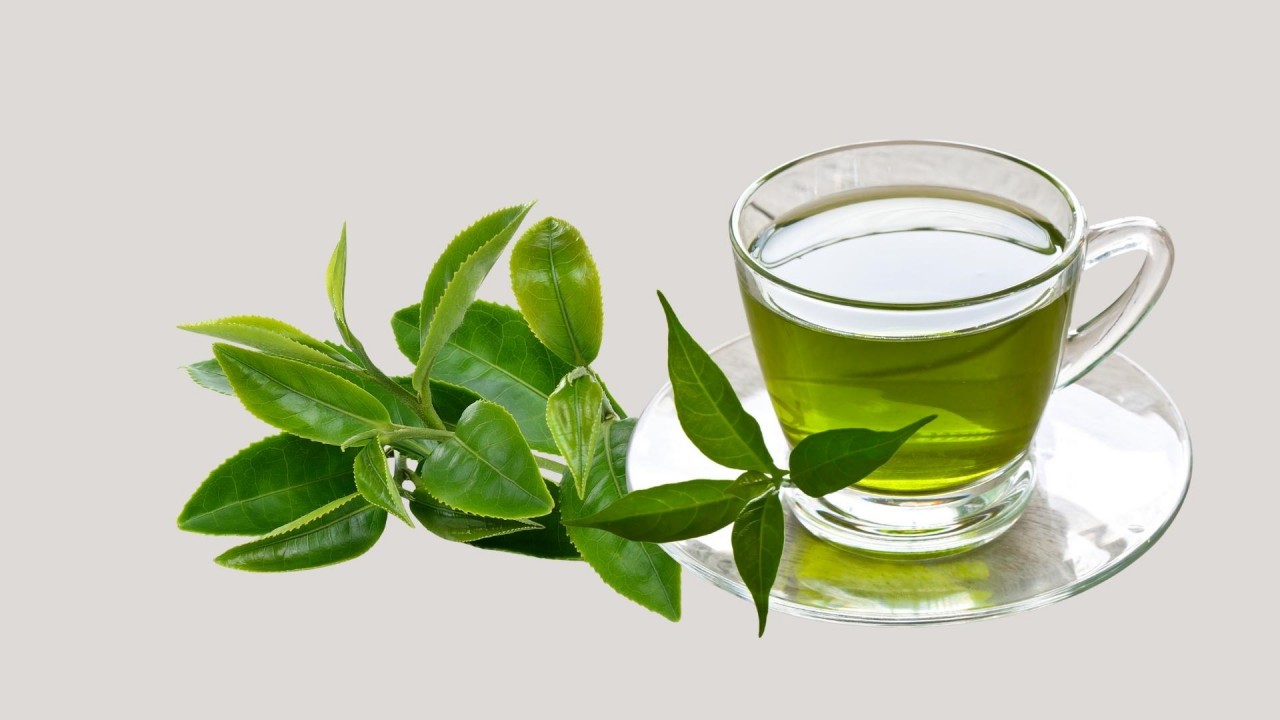 Vietnamese Herbal Tea
Vietnamese Herbal Tea
Why You Should Drink Green Tea Every Day?
 Vietnamese Herbal Tea
Vietnamese Herbal Tea
Gen Z Finds Their Chill with Zero Degree Green Tea During Stress Season
 Vietnamese Herbal Tea
Vietnamese Herbal Tea
Multitasking and Juggling Jobs? No Big Deal. Gen Z Shares How They Stay Energized and Alert Despite Late Nights and Sleepless Hours
 Vietnamese Herbal Tea
Vietnamese Herbal Tea
Fuel Up for Instant Alertness During Long Days and Late Nights
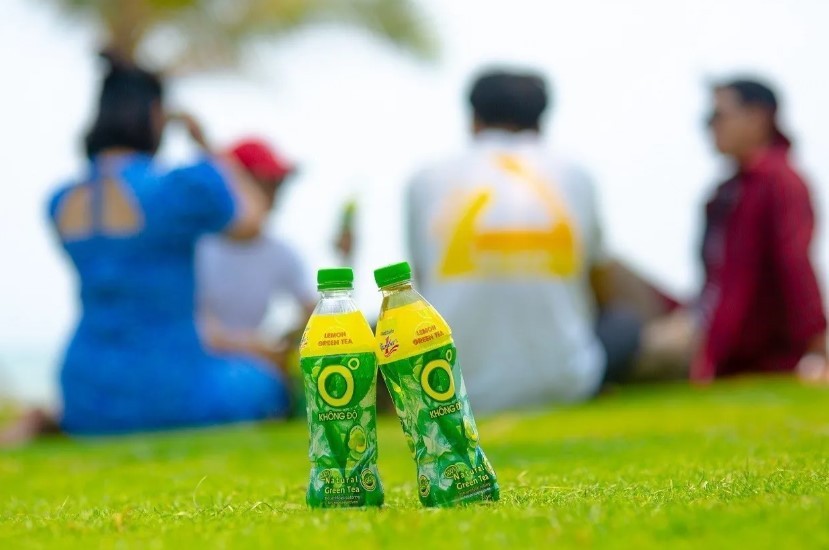 Vietnamese Herbal Tea
Vietnamese Herbal Tea
Coolcation Trend: When Young People Choose to Cool Down Life with Zero Degree Green Tea
 Women in Business
Women in Business

